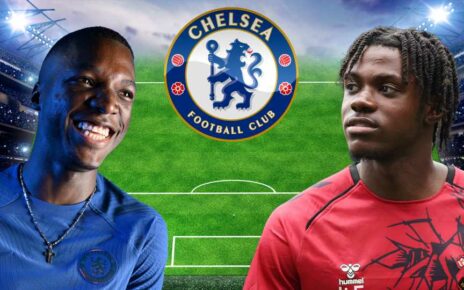Saul ‘Canelo’ Alvarez right was a unanimous-decision winner against Gennady Golovkin

Sign up to our free sport newsletter for all the latest news on everything from cycling to boxing
Sign up to our free sport email for all the latest news
Thanks for signing up to the
Sport email
Over the course of 12 rounds on Saturday night, “GGG” took on an unfortunate new meaning for Gennady Golovkin, as his chances of securing ‘justice’ in his trilogy with Saul “Canelo” Alvarez were rapidly going, going, and then gone at last.
Judging controversies marred the rivals’ first two encounters, in 2017 and 2018, denying Golovkin one if not two victories over Canelo, and the irony on this occasion was that the Kazakh might have finally been on the ‘right’ end of one, had he not left it too late to start firing.
But leaving it late was the theme of this bout, which pitted a prime Canelo at 32 against an aged Golovkin at 40, and that factor gave way to a disconcerting tentativeness in GGG, who rallied late but was in truth not worth the 116-112, 115-113, 115-113 scorecards – all of which favoured Canelo, in any case.
September, the T-Mobile Arena, and stupefying scorecards have been staples of this rivalry, with only the division varying this time around as the middleweight foes clashed at super-middleweight, as Canelo put his IBF, WBC, WBA and WBO titles on the line.
Golovkin impressively outboxed Canelo five years ago, only to be forced to settle for a draw with the Mexican, who claimed a disputable victory in the closest of rematches 12 months later. As the gladiators returned to their coliseum for one final battle, the problem for Golovkin was that – for once – this didn’t seem like a matter of life and death.
Recommended
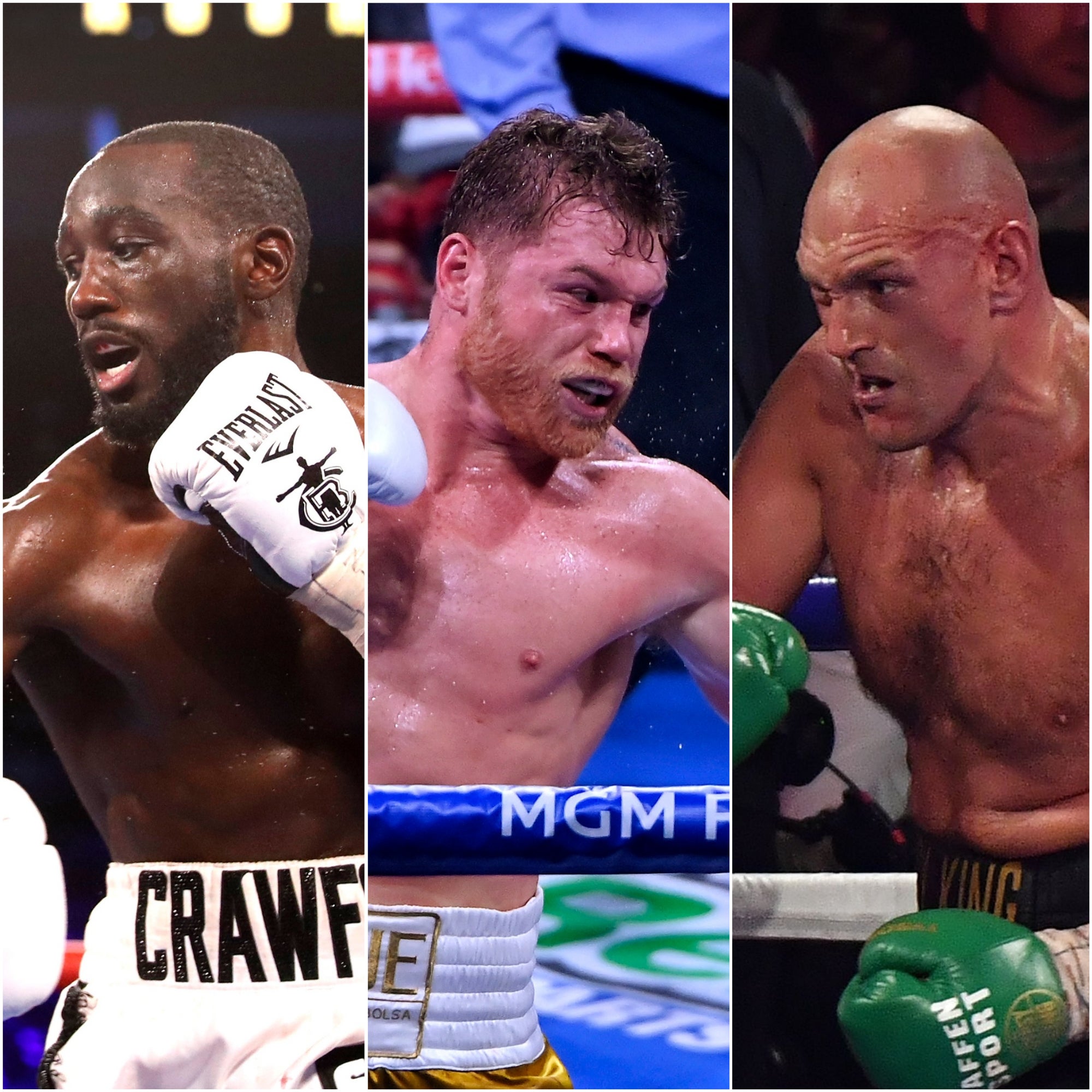

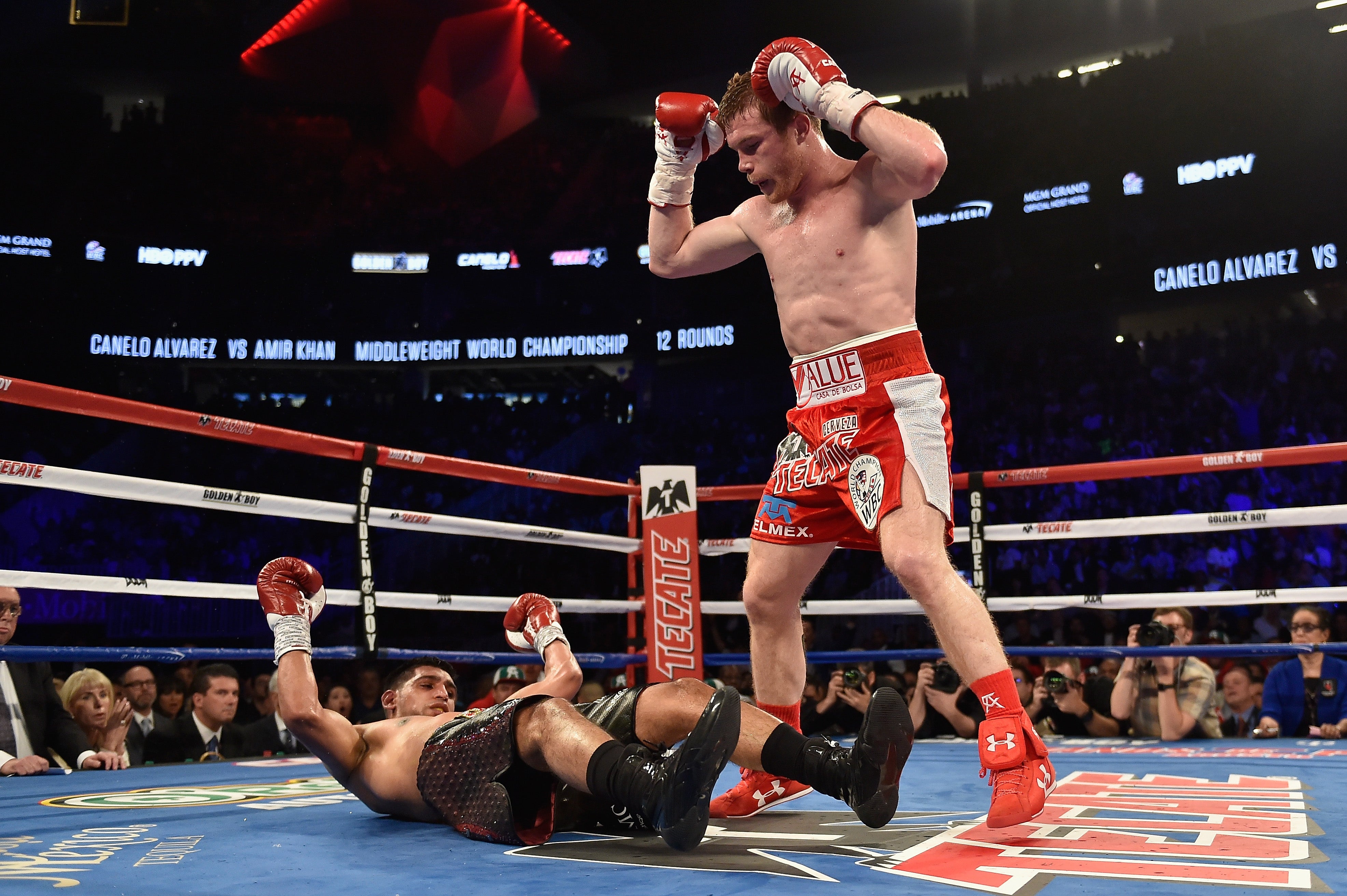
The middleweight champion has been so bewitchingly brutal over the course of a 16-year professional career and has vowed to carry on, but his greatest assets were absent for the first eight rounds here as he dared not risk opening himself up to the power of his opponent.
Canelo was content to back up the Kazakh and fire off intermittent hooks to the body, feeling no need to take risks of his own given the tepid offence coming his way.
Gradually Alvarez began to shift attention to Golovkin’s head, and though GGG displayed intelligent defence, it meant little when weighed against the lack of output that saw him give up round after round.
At least, that was the perception of most, rather than what was reflected in the scorecards.
Golovkin finally heeded his coach’s calls for greater volume and tenacity once the fight had crossed its midway point, but the veteran’s prying jabs and corkscrew hooks might have won him the final four rounds at most, by any sensible measure.
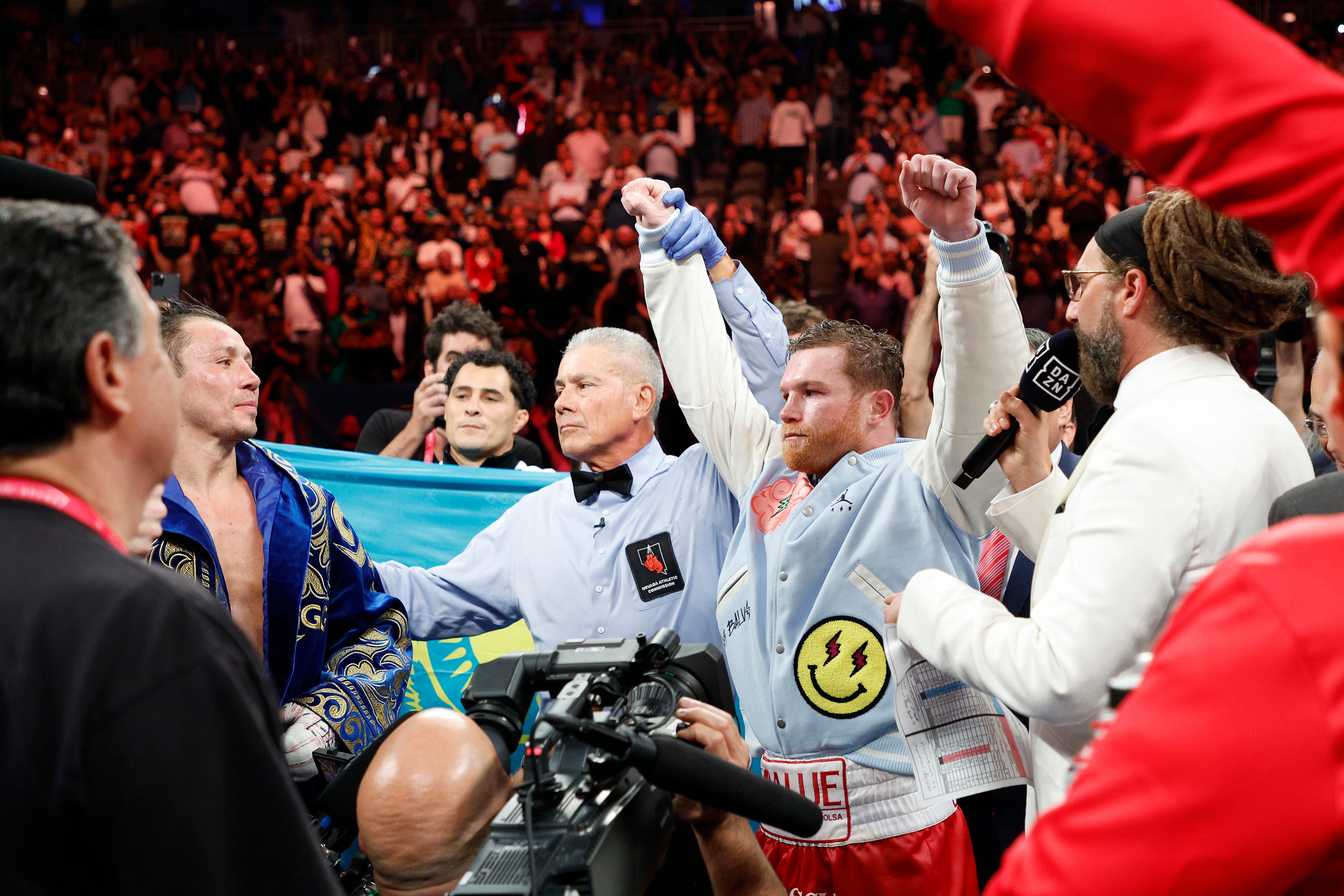
Alvarez is expected to rematch Dmitry Bivol at light-heavyweight next
Given the judges’ views of the situation, however, GGG will surely regret his slow start. As far as they were concerned, a more positive approach by Golovkin could easily have sealed a draw.
But three wrongs do not make a right. Even if Golovkin had made his own luck by asserting himself in the ring and getting a fortunate nod outside of it, the same bitter taste that lingered after the Kazakh’s controversial loss to and draw with Canelo would have resurfaced here.
For those sad to see one of boxing’s greats come away from this trilogy with two defeats and a draw, there might at least be some strange solace in knowing that Canelo proved little on this night.
The Mexican had the opportunity to capitalise on Golovkin’s faltering speed and troubling trepidation, but he failed to deliver the knockout that he had promised.
Recommended


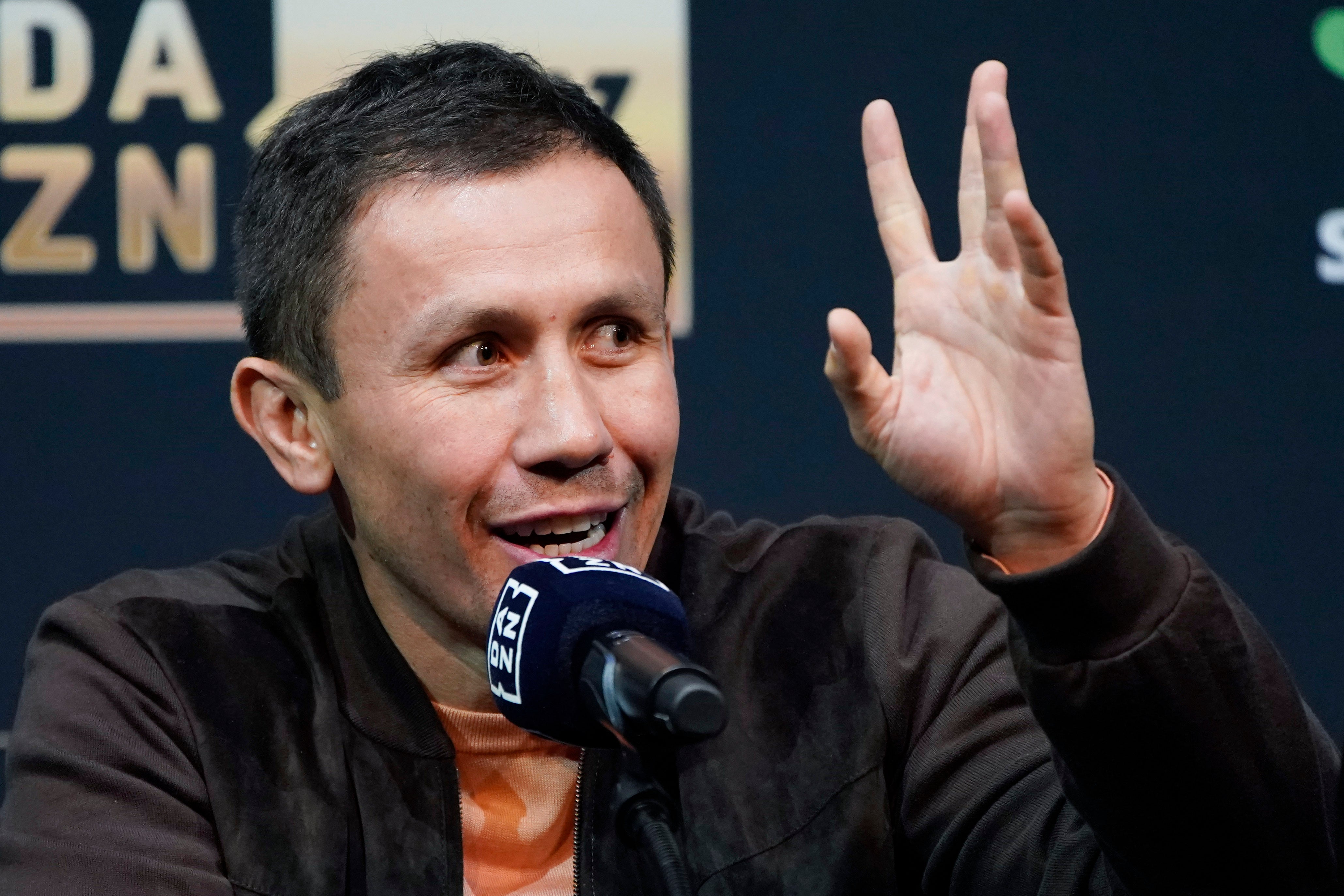
Canelo will have to be sharper if his next venture is to be a rematch with light-heavyweight champion Dmitry Bivol, who holds the kind of legitimate victory over Alvarez that Golovkin was denied in 2017, and arguably again in 2018.
If Canelo can level the score with Bivol, perhaps another storied trilogy awaits the face of boxing.
Register for free to continue reading
Registration is a free and easy way to support our truly independent journalism
By registering, you will also enjoy limited access to Premium articles, exclusive newsletters, commenting, and virtual events with our leading journalists
{{#verifyErrors}} {{message}} {{/verifyErrors}} {{^verifyErrors}} {{message}} {{/verifyErrors}}
By clicking ‘Create my account’ you confirm that your data has been entered correctly and you have read and agree to our Terms of use, Cookie policy and Privacy notice.
This site is protected by reCAPTCHA and the Google Privacy policy and Terms of service apply.
Already have an account? sign in
By clicking ‘Register’ you confirm that your data has been entered correctly and you have read and agree to our Terms of use, Cookie policy and Privacy notice.
This site is protected by reCAPTCHA and the Google Privacy policy and Terms of service apply.
Register for free to continue reading
Registration is a free and easy way to support our truly independent journalism
By registering, you will also enjoy limited access to Premium articles, exclusive newsletters, commenting, and virtual events with our leading journalists
{{#verifyErrors}} {{message}} {{/verifyErrors}} {{^verifyErrors}} {{message}} {{/verifyErrors}}
By clicking ‘Create my account’ you confirm that your data has been entered correctly and you have read and agree to our Terms of use, Cookie policy and Privacy notice.
This site is protected by reCAPTCHA and the Google Privacy policy and Terms of service apply.
Already have an account? sign in
By clicking ‘Register’ you confirm that your data has been entered correctly and you have read and agree to our Terms of use, Cookie policy and Privacy notice.
This site is protected by reCAPTCHA and the Google Privacy policy and Terms of service apply.
Source: Read Full Article
